Die Detmolder Hornisten - Dauprat: Grand Sextuor (1997)
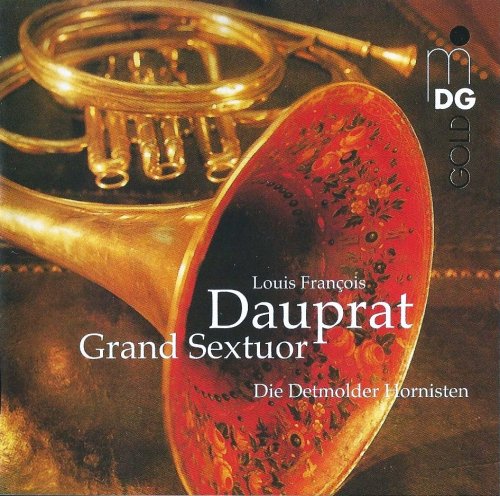
Artist: Die Detmolder Hornisten
Title: Dauprat: Grand Sextuor
Year Of Release: 1997
Label: MDG
Genre: Classical
Quality: FLAC (image+.cue,log,scans)
Total Time: 40:01
Total Size: 123 Mb
WebSite: Album Preview
Tracklist: Title: Dauprat: Grand Sextuor
Year Of Release: 1997
Label: MDG
Genre: Classical
Quality: FLAC (image+.cue,log,scans)
Total Time: 40:01
Total Size: 123 Mb
WebSite: Album Preview
01. Grand Sextuor C-dur - 1. Lento - Allegro risoluto [0:07:25.05]
02. Grand Sextuor C-dur - 2. Minuetto. Allegro moderato [0:08:01.05]
03. Grand Sextuor C-dur - 3. Andante [0:07:08.22]
04. Grand Sextuor C-dur - 4. Minuetto. Allegro [0:06:28.45]
05. Grand Sextuor C-dur - 5. Adagio [0:05:13.13]
06. Grand Sextuor C-dur - 6. Finale. Allegro moderato [0:05:41.70]
Performers:
Die Detmolder Hornisten
Michael Höltel - conductor
The music and performances are plain irresistible. Louis Dauprat and the Detmold Hornists may not be household names, but the Sextet is an outstanding, possibly unique work, and this ensemble, named after their base in Germany, have superb intonation and expressiveness.
Neither the date of composition nor of publication of the Sextet are known, but some time between 1810 and 1827 seems likely for both. The work is fairly conservative, with little of the innovation characteristic of Antonín Rejcha's wind quintets, which were composed around this time, and indeed written in part for Dauprat, who studied with Rejcha from 1811 to 1814. The work begins at a slow tempo, Lento, and generally stays that way, never faster than Allegro moderato. Dauprat was anything but a showman, and the Sextet is absolutely a model of Classical balance, restraint and elegance, overflowing with melody and warming like a late-summer evening in Provence. Six French horns may not sound much like an ideal combination for wind ensemble, but Dauprat presents here a convincing counter-argument.
As a French horn soloist and teacher as well as a composer, Dauprat wrote almost exclusively for his instrument - his relatively small body of works includes four horn concertos and a concertino, six quartets for four horns, four trios for three horns and twenty-six duos for two horns, as well as similar works for combinations involving a single horn. His Méthode de Cor Alto et Cor Basse is still a highly influential handbook for students and teachers.
The recording is very good, especially considering that this is 'DDD' as it was in 1982. A couple of years ago Richard Burdick performed all six parts in a recording for I Ching Music, reviewed here. It does sound as if a millisecond or two might have been chopped off track beginnings - there is no hint of any normal intake of breath here as there is elsewhere.
Neither the date of composition nor of publication of the Sextet are known, but some time between 1810 and 1827 seems likely for both. The work is fairly conservative, with little of the innovation characteristic of Antonín Rejcha's wind quintets, which were composed around this time, and indeed written in part for Dauprat, who studied with Rejcha from 1811 to 1814. The work begins at a slow tempo, Lento, and generally stays that way, never faster than Allegro moderato. Dauprat was anything but a showman, and the Sextet is absolutely a model of Classical balance, restraint and elegance, overflowing with melody and warming like a late-summer evening in Provence. Six French horns may not sound much like an ideal combination for wind ensemble, but Dauprat presents here a convincing counter-argument.
As a French horn soloist and teacher as well as a composer, Dauprat wrote almost exclusively for his instrument - his relatively small body of works includes four horn concertos and a concertino, six quartets for four horns, four trios for three horns and twenty-six duos for two horns, as well as similar works for combinations involving a single horn. His Méthode de Cor Alto et Cor Basse is still a highly influential handbook for students and teachers.
The recording is very good, especially considering that this is 'DDD' as it was in 1982. A couple of years ago Richard Burdick performed all six parts in a recording for I Ching Music, reviewed here. It does sound as if a millisecond or two might have been chopped off track beginnings - there is no hint of any normal intake of breath here as there is elsewhere.
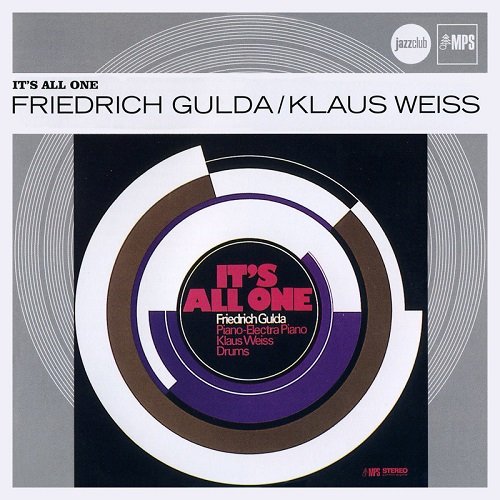
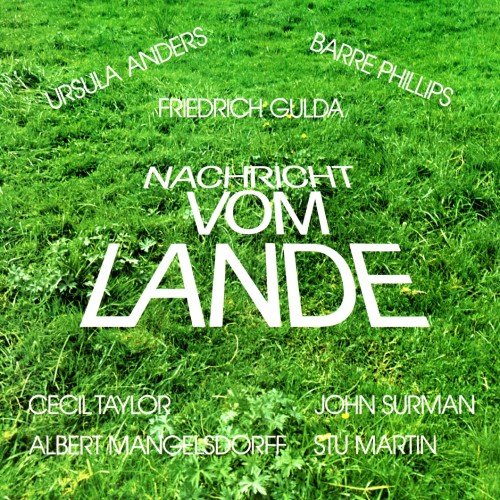
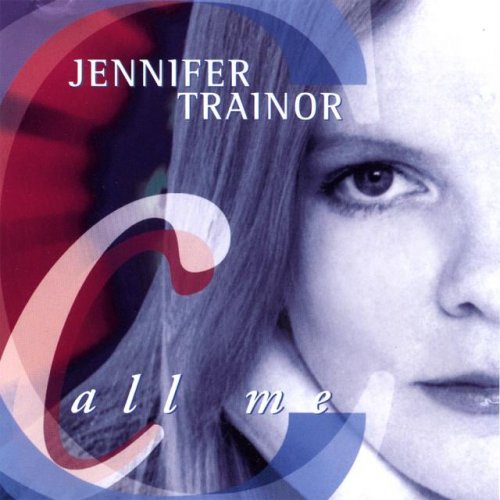
![VA - Bossa n' Collins (2026) [Hi-Res] VA - Bossa n' Collins (2026) [Hi-Res]](https://www.dibpic.com/uploads/posts/2026-01/1767358905_z6fj4mp1lrn4a_600.jpg)
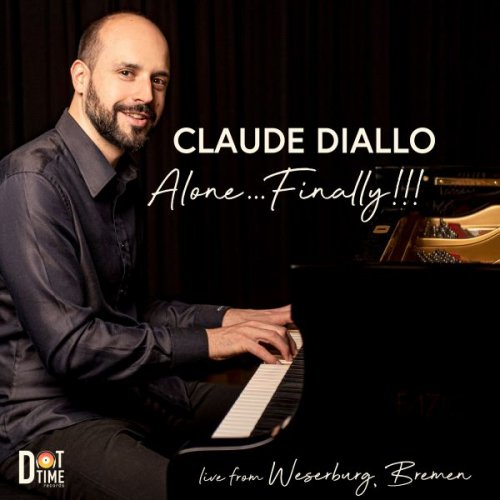

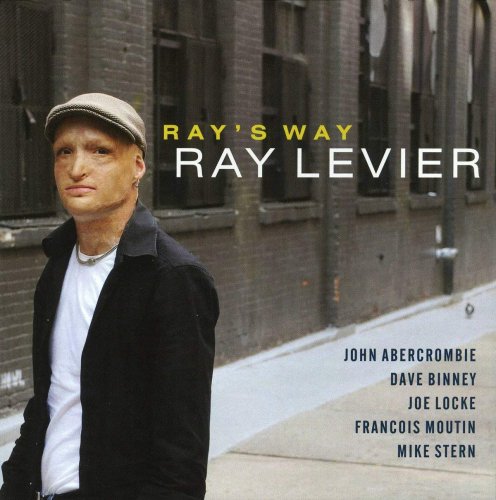
![Manny Albam and His Jazz Greats - Play Music from West Side Story (Remastered Edition) (2025) [Hi-Res] Manny Albam and His Jazz Greats - Play Music from West Side Story (Remastered Edition) (2025) [Hi-Res]](https://www.dibpic.com/uploads/posts/2026-01/1767257208_maws500.jpg)
![Pymlico - Core (2025) [Hi-Res] Pymlico - Core (2025) [Hi-Res]](https://img.israbox.com/img/2026-01/03/l6kyknum5dngl5wzvdg0owfy4.jpg)